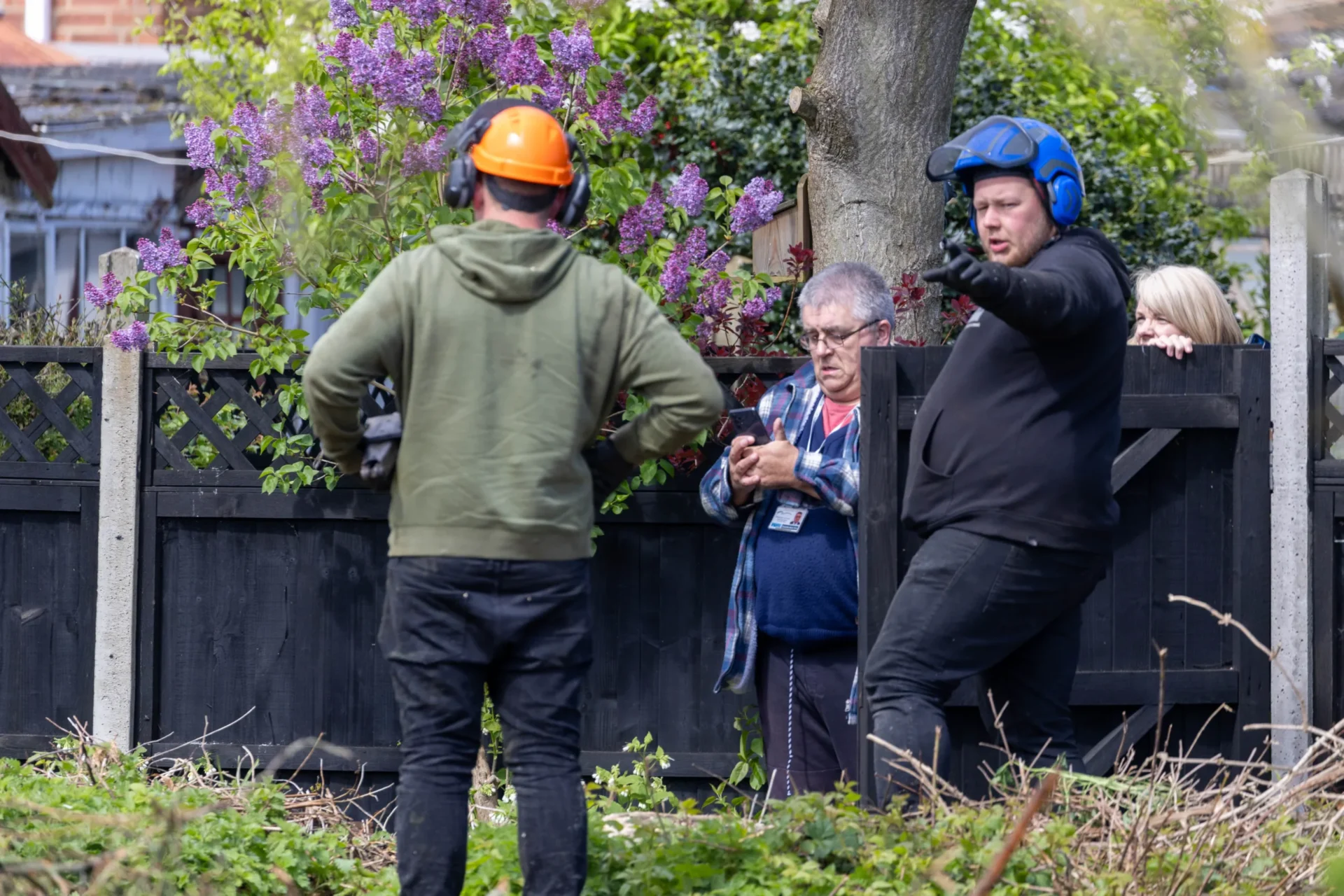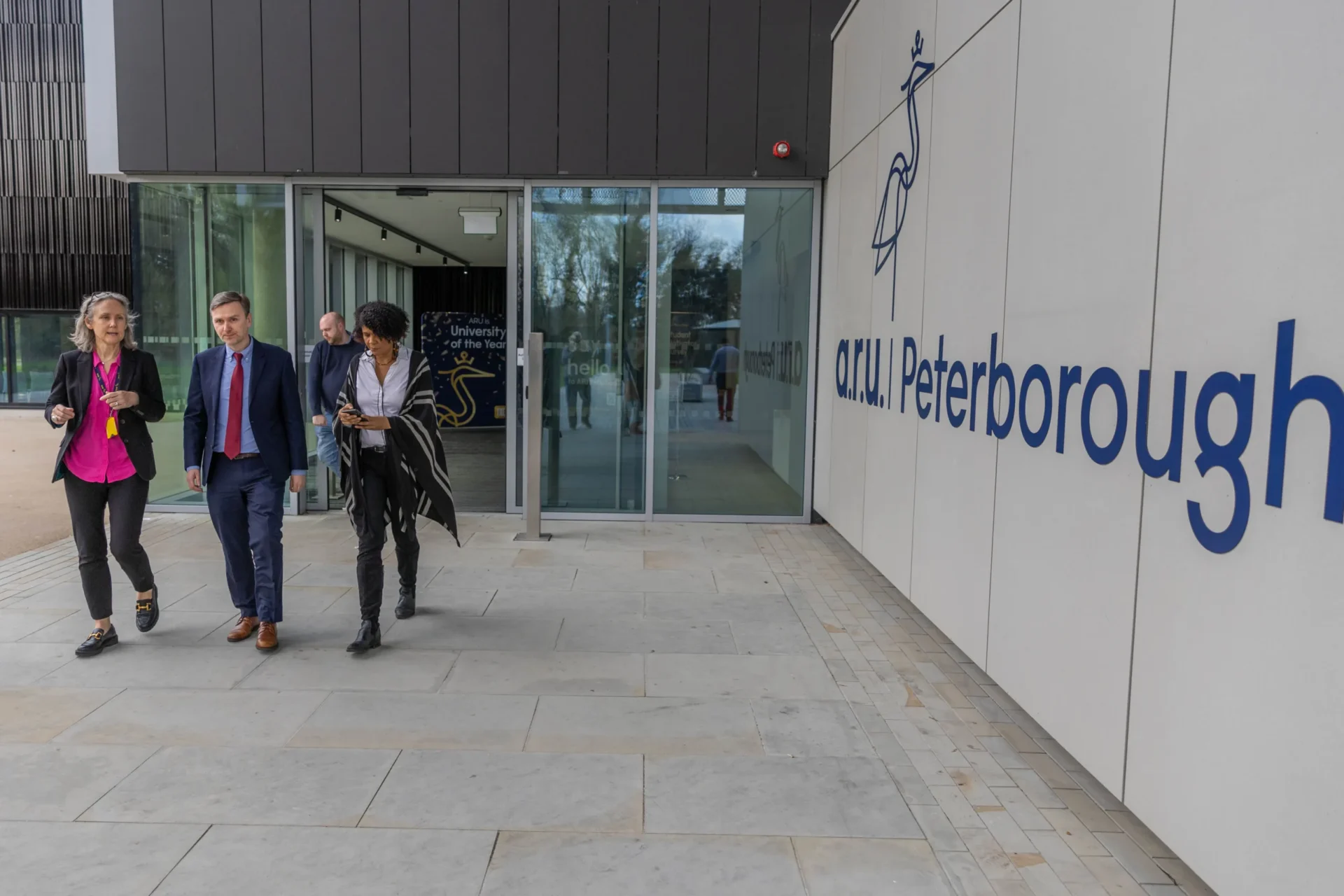Brian Johnson took on his local council and has successfully shown that not only is an Englishman’s home his castle, but it can also give his daughter a chance to start her own business. Mr Johnson won a dispute with East Cambridgeshire District Council to use the study of the family home at Soham to be used as a dog grooming parlour.
His neighbours didn’t object, the town council didn’t object, but his plans were rejected by East Cambridgeshire District Council who claimed that he had failed to show how customer parking could be achieved without “impinging” on the family’s own requirements.
The council claimed the outcome would be “a convoluted and impractical arrangement which is likely to lead to danger and inconvenience to other road users”.
But the Planning Inspectorate disagreed.
“No reference has been made to particular parking standards and I am satisfied that there is adequate provision within and adjacent to this property,” said the inspector, Peter Eggleton, in upholding Mr Johnson’s appeal.
“There is no evidence to suggest that the access is unsafe. There would therefore be no conflict with the policies referred to by the council.”
“The proposal would result in the use of a room within the house as a dog grooming salon by the daughter of the appellant who is the house owner. It is anticipated that there would be three customers a day. The council’s only concern relates to highway safety.”
Mr Eggleton visited the house in Fordham Road, Soham, on March 12 after the council refused the application last September.
“The appeal is allowed, and planning permission is granted for a change of use of the study to dog grooming,” he ruled.
Given the limited number of daily visitors, he did not think this would “significantly increase vehicle movements over and above what could reasonably be expected from a fully residential use of this dwelling.

“Having a customer visit may make it inconvenient for the drivers of the two other cars parked at the property but this is unlikely to be for more than short periods at drop-off and pick-up times.
“If the customer stays on the premises, then this may result in more manoeuvres onto the road. However, there has been no evidence presented to suggest that accessing the highway has led to any issues with regard to safety.
“Given the nature and width of the road, there is nothing to suggest that such manoeuvres would be problematic. If two customers were at the property at the same time, it would appear likely that the second would park on the road”.
Mr Eggleton noted that the council’s policy was to reduce travel by car and require appropriate parking provision with safe and convenient access.
“As the property is within the settlement and on a bus route, it provides the potential for access by more sustainable means,” he said.
“No reference has been made to particular parking standards and I am satisfied that there is adequate provision within and adjacent to this property. There is no evidence to suggest that the access is unsafe. There would therefore be no conflict with the policies referred to by the council.”
He also queried why no reference has been made by the council to their economic policies “despite the Local Plan setting out that employment development is a priority for the district council.
“There is clear support from the National Planning Policy Framework 2023 which advises that significant weight should be placed on the need to support economic growth and productivity”.
Mr Eggleton said: “In conclusion, the proposal would support economic activity with little impact on highway safety. As there are no other matters that weigh significantly against the proposal, I allow the appeal.”
He added: “Although not suggested by the planning officer, the environmental health officer suggests that windows and doors be kept shut at all times.
“Given the nature of the activity and the distance to neighbouring accommodation, this would not be necessary and would be unreasonable. A condition limiting the dog grooming activity to the study is necessary to limit the scale of the activity.”



















